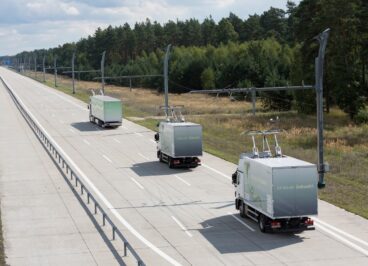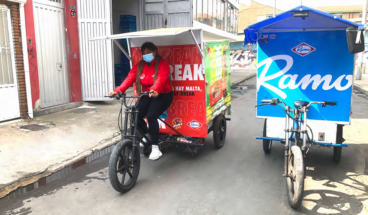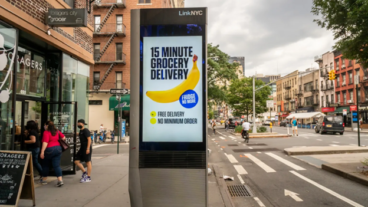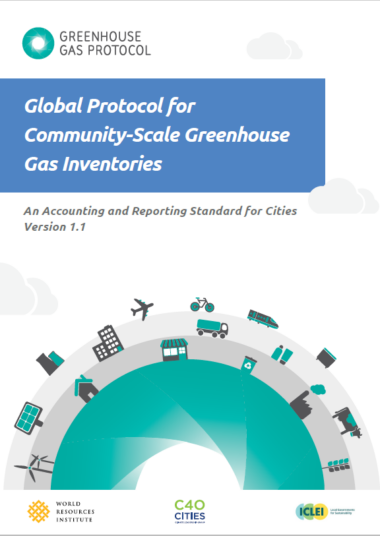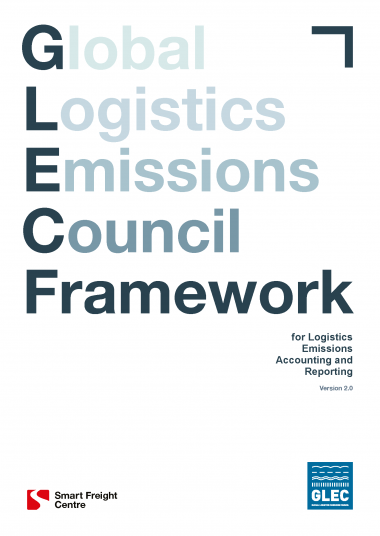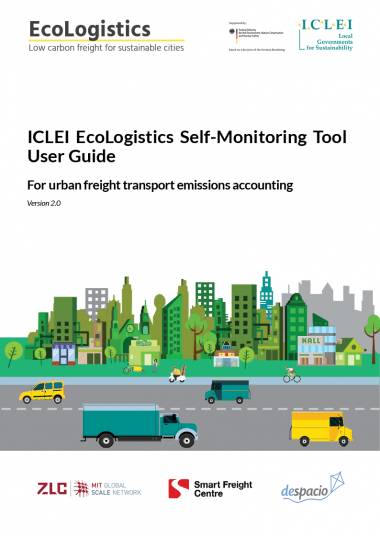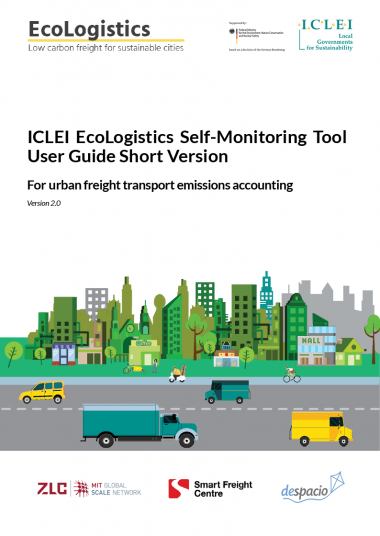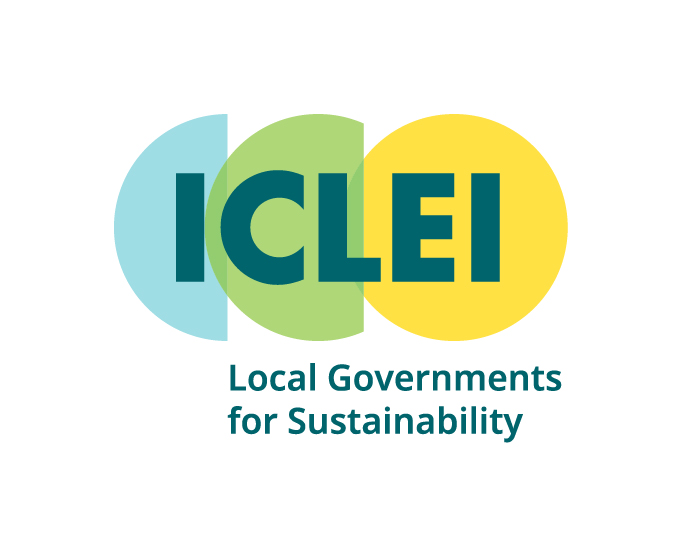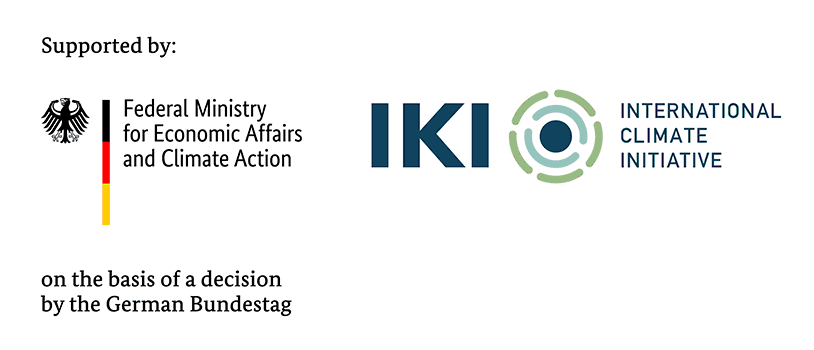EcoLogistics Self-monitoring tool

EcoLogistics Self-monitoring tool is developed through the “EcoLogistics: Low carbon freight for sustainable cities” project.
It is a calculation tool developed for cities to estimate their greenhouse gas emissions from urban freight transport. It allows the assessment of baseline and target scenarios wherein specific technologies or strategies are hypothetically implemented. The tool also acts as a monitoring tool for cities to make meaningful comparisons over time and with other cities in terms of urban freight emissions.

Benefits for cities to use the tool
- Estimate city-wide GHG emissions from urban freight transport and understand the emission contributions of different logistics activities
- Use collected data to establish a baseline and set targets in line with cities’ climate change goals
- Use emissions and carbon intensity as performance indicators in target-setting and track progress over time
- Assess the potential emission savings of various scenarios and help city leaders to make informed decisions and actions that lead to emission reductions
- Make meaningful comparisons with other cities in terms of urban freight emissions and share experiences
- Access and contribute to knowledge and good practice examples
- Become a source of inspiration to other cities

How to use the tool?
Excel-based tool
Tool user guide
Base methodologies
Fuel-based approach
Activity-based approach
Related news

Partners
IKI EcoLogistics is a project implemented by ICLEI – Local Governments for Sustainability. The ICLEI World Secretariat is responsible for project management and coordination. ICLEI South America Secretariat and ICLEI South Asia Secretariat are the implementing partners. Despacio, the Smart Freight Centre and the Zaragoza Logistics Center are technical partners for this project.
The project is supported by the German Federal Ministry for Economic Affairs and Climate Action (BMWK) through the International Climate Initiative (IKI).
Read more: www.international-climate-initiative.com
Any person who believes they may be harmed by an IKI project or who wish to report corruption or the misuse of funds, can lodge a complaint to the IKI Independent Complaint Mechanism at IKI-complaints@z-u-g.org. The IKI complaint mechanism has a panel of independent experts who will investigate the complaint. In the course of the investigation, we will consult with the complainant so as to avoid unnecessary risks for the complainant. More information can be found at: https://www.international-climate-initiative.com/en/about-iki/values-responsibility/independent-complaint-mechanism/
Disclaimer
For any inquiries, comments and suggestions, please email us at ecologistics@iclei.org.

